Eye Examinations
Eye examinations are essential for optimal eye health, and are performed to evaluate all aspects of your vision. An eye examination by one of our Henderson eye doctors is more than checking for impaired vision, your eye doctor will also check to see if you have any signs of eye disease or if there are any other problems that could lead to future loss of vision. Regular eye exams are a preventive practice that should be taken as seriously as other routine, annual exams.
Whatever your age, no matter how strong your eyesight is, one of the best things you can do for your eyes is maintain regularly scheduled eye examinations with an experienced Henderson eye doctor.
Caring for your eyesight begins with complete eye examinations. Complete eye exams are about more than just testing your vision, it’s a full check-up for your eyes. Many eye care problems can develop over long periods of time, without symptoms, and can irreversibly damage your vision. Regularly scheduled eye exams are the best way to detect such conditions early, and address them before they develop into more serious problems. Most adults should have a eye exam every one to two years. Children should receive an eye exam regularly as they grow to detect and treat eye conditions that can affect their progress in school. Infants should have their first comprehensive eye exam at six months, and subsequent exams as directed by their eye doctor. Patients who are at a higher risk for certain conditions, such as diabetes, a family history of glaucoma, and those over the age of 40, should have exams more frequently, as recommended by their Henderson optometrist or eye doctor. Remember that caring for your eyesight begins with eye examinations. They are the best way to detect eye conditions early, and address them before they develop into more severe problems.
The most commonly treated and diagnosed eye conditions at Village Eyecare include:
- Conjunctivitis (bacterial, viral, allergic)
- Corneal Ulcers
- Corneal Abrasions
- Foreign Body Removal
- Iritis
- Keratoconus
- Dry Eye Syndrome
- Blepharitis
- Meimbomian Gland Dysfunction
- Glaucoma
- Diabetic Retinopathy
- Hypertensive Retinopathy
- Cataracts
- Macular Degeneration
- Retinal Tears and Detachments
- Posterior Vitreal Detachment

